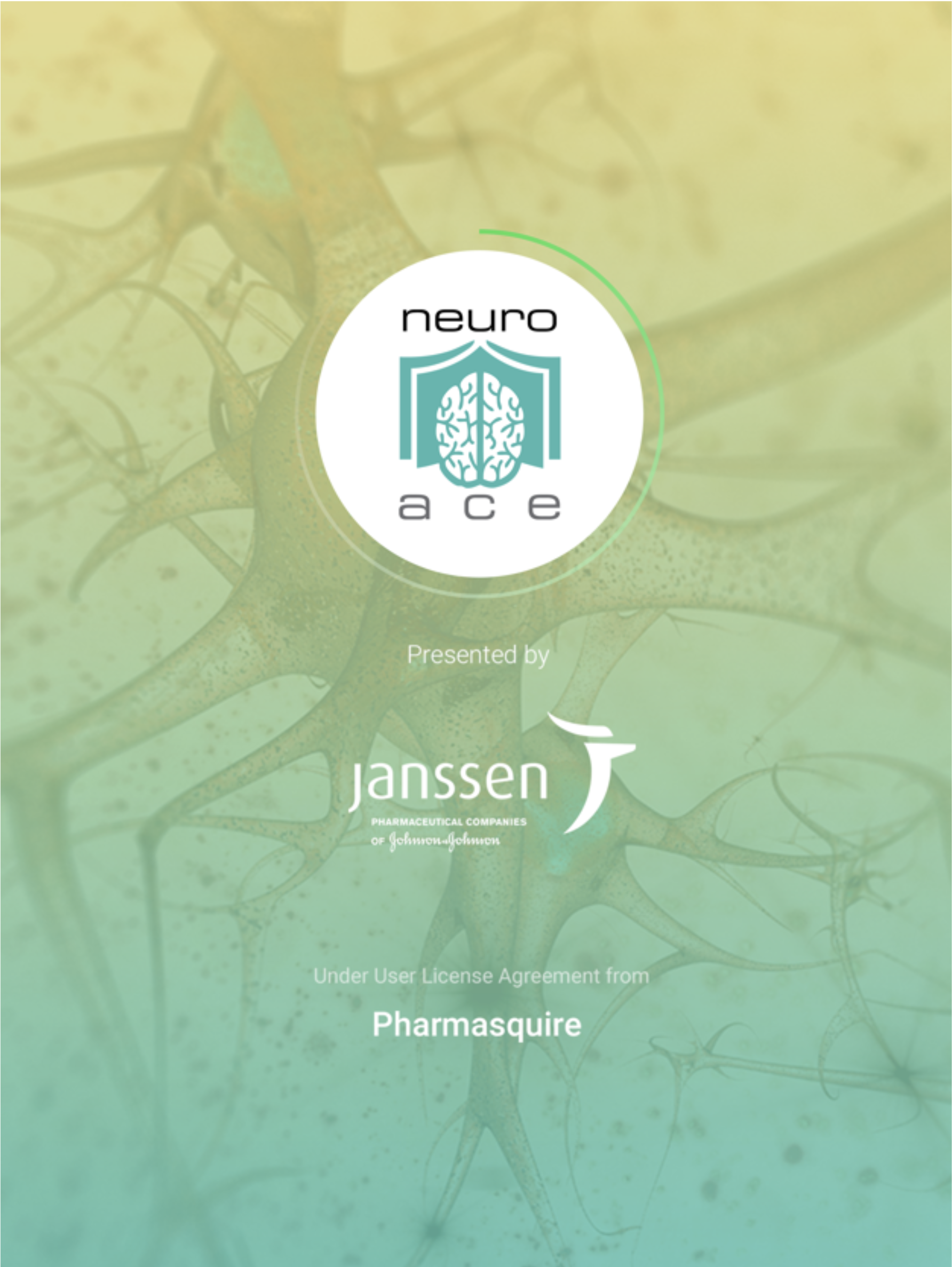Overview
The NeuroACE project developed a mobile mental health technology that can serve the purpose of real-time, real-world neural and cognitive diagnostics, and which can be applied in any lab, clinic, or home setting. The tablet data system was piloted and compared to a matched data set collected with state-of-the-art laboratory equipment. The technology allows for the ability to obtain simultaneous brain and behavior measures in real world settings at high signal quality. A further pilot study was undertaken to determine whether high data quality can also be maintained when participants self-administer the neuro cognitive tasks and the platform was being geared for use in mobile at-home studies.
Project Details
Adverse childhood experiences are linked to poor attentive behaviors during adolescence, as well as increased risk for mental health disorders in adults. However, no study has yet tested targeted interventions to optimize neurocognitive processes in this population. Here, we investigated closed-loop digital interventions in a double-blind randomized controlled study in adolescents with childhood neglect, and evaluated the outcomes using multimodal assessments of neuroimaging, cognitive, behavioral, and academic evaluations. In the primary neuroimaging results, we demonstrate that a closed-loop digital meditation intervention can strengthen functional connectivity of the dorsal anterior cingulate cortex (dACC) in the cingulo-opercular network, which is critically developing during the adolescent period. Second, this intervention enhanced sustained attention and interference-resolution abilities, and also reduced behavioral hyperactivity at a 1-year follow-up. Superior academic performance was additionally observed in adolescents who underwent the digital meditation intervention. Finally, changes in dACC functional connectivity significantly correlated with improvements in sustained attention, hyperactivity, and academic performance. This first study demonstrates that closed-loop digital meditation practice can facilitate development of important aspects of neurocognition and real-life behaviors in adolescents with early childhood neglect.
Members involved
Gallery

The Neuro ACE home screen



